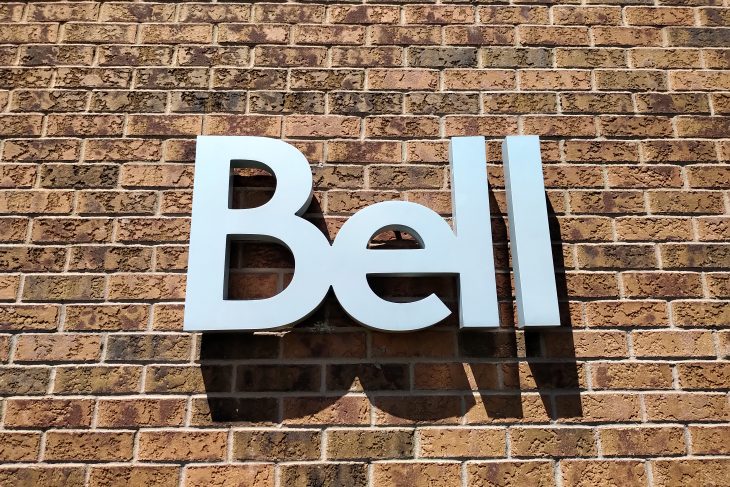
MONTREAL – Bell Canada today announced the launch of its 5G wireless network, now available in Montreal, the Greater Toronto Area, Calgary, Edmonton and Vancouver.
Bell’s initial 5G service, riding on its AWS-3 spectrum (in the 1755-1780 MHz and 2155 to 2180 MHz range), will expand to more centres across the country “as the next-generation wireless technology grows in speed and capacity,” says its press release.
The promise of 5G is great (virtual and augmented reality, artificial intelligence and machine learning, connected vehicles, smart cities and enhanced rural access, and many IoT opportunities for business and government, says the Bell press release), but the initial 5G networks launching this year (Rogers unveiled its in January and an announcement from Telus is expected soon) are on lower band spectrum which will generally see speeds the same or only slightly better than 4G. The real speed and latency gains will come when carriers gain access to spectrum in the 3.5 Ghz range and up. The auction of that spectrum in Canada was just delayed until June 2021.
To help accelerate 5G innovation in Canada, Bell has also partnered with Western University to create an advanced 5G research centre, including the deployment of a campus-wide 5G network.
“As the world rapidly embraces the fifth generation of wireless, Bell is ready to ensure Canada remains at the forefront of 5G innovation and accessibility,” said company president and CEO Mirko Bibic in the company’s official announcement. “The Covid-19 crisis has clearly underscored the critical importance of high-quality networks to keeping consumers, businesses and governments connected and informed, and Bell remains committed to building the best as we take wireless into the next generation.”
Bell says its 5G coverage is six times greater than the next largest network and “as the scale, speed and capabilities of our next-generation network continue to grow, Bell Mobility will champion the 5G customer experience in every part of our business,” added said Claire Gillies, president of Bell Mobility, in the press release.
Bell’s 5G-enabled smartphones include the Samsung Galaxy S20 5G series, LG V60 ThinQ 5G Dual Screen and Motorola Edge+. Access to 5G is $10 a month on any Bell Mobility postpaid plan and is currently offered as a free bonus until March 31, 2021.
Bell is working with a range of leading global and domestic 5G partners, including Ericsson and Nokia, it reminded.
To help accelerate Canada’s 5G innovation ecosystem, Bell also announced a partnership announced today with Western University to create a new academic centre for research into 5G applications across health, agriculture, transportation, manufacturing, and other sectors.
The partnership will turn the campus into a living lab that will “help shape smarter cities and communications systems, boost drone security, better manage business continuity, and more,” says the release. Bell will invest $2.7 million and deploy 5G network equipment and infrastructure throughout the Western campus. The partnership will also fund research and development initiatives, training opportunities, and technological innovations.
“We continue to look for innovative partnerships that put our research community in a position to have real impact on society,” said Sarah Prichard, the school’s acting vice-president research. “By using campus as a ‘living lab’ for new technologies like 5G, we’re offering a unique opportunity to ask a full range of important questions across disciplines.”
At Western, the partnership opens the doors to a range of research possibilities touching all corners of campus, including, reads the press release, studies by:
- Engineering professor Xianbin Wang, whose work improves security, efficiency and reliability of wireless communications
- Science professor Anwar Haque, whose research maximizes the efficiency and security of autonomous drones, connected vehicles and smart cities and homes
- Ivey Business School professor Bissan Ghaddar, whose work explores the intersection of smart cities, the Internet of Things, and optimization models applied to personal mobility
- Ivey Business School professor Joe Naoum-Sawaya, whose research advances energy, water, mobility and telecommunications within smart cities.



